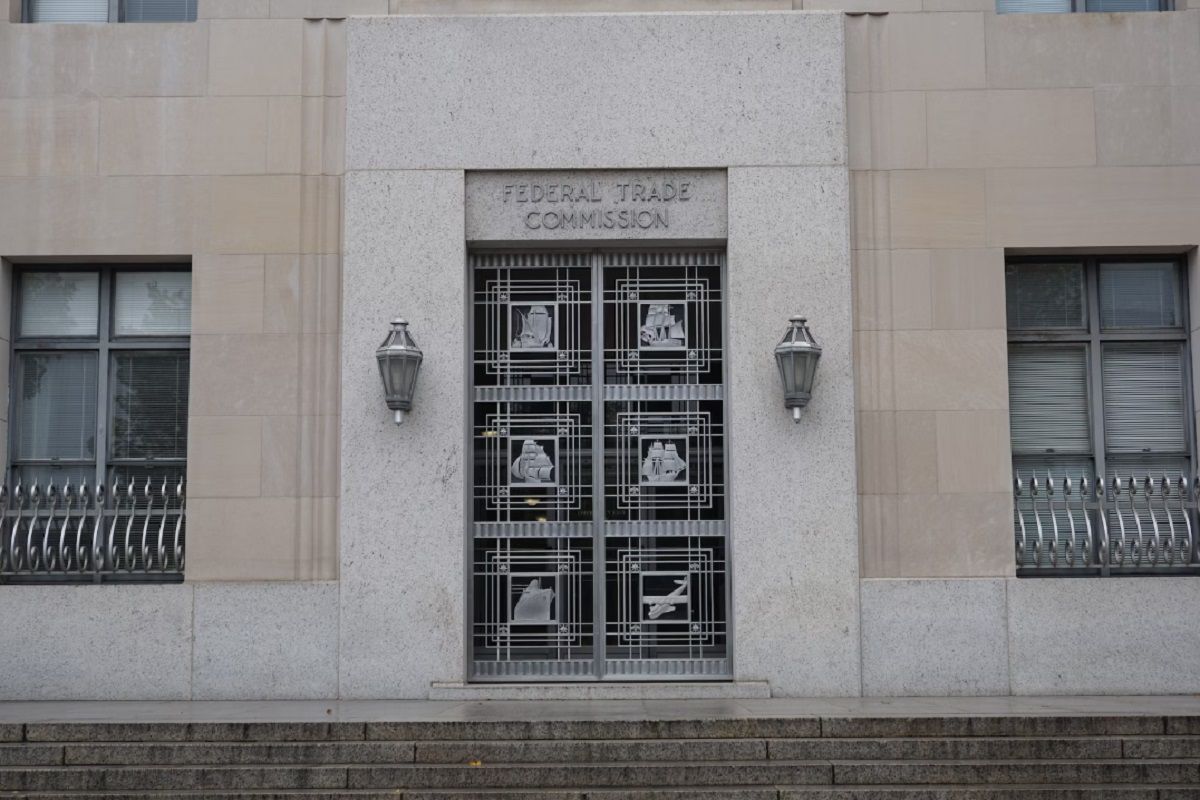The Federal Trade Commission (FTC) announced the beginning of partnerships with consumer protection authorities from four Latin American countries, including Colombia, Mexico, Chile, and Peru.

This cooperation is aimed at implementing joint solutions and initiatives to combat cross-border fraud. The press release of the FTC, which was published at the end of last week, contains information that the interaction of the structures began with the signing of a multilateral memorandum of understanding (MMOU). It is also noted that in this case, the main goal is to strengthen cooperation in order to combat fraudulent activities in the United States and beyond.
Maria Coppola, director of the FTC’s Office of International Relations, said in a press release that the partners adhere to the understanding of the need to ensure a high level of consumer protection against fraud and illegal practices, cross-border crime. The multilateral memorandum is a kind of signal sent by the FTC and its Latin American partners that criminal activity is unacceptable regardless of geographical boundaries.
Maria Coppola also stated that the cooperation will become the basis for the development and scaling of interdepartmental cooperation throughout the Latin American region. Separately, she noted that in this case, other countries are provided with a mechanism for joint implementation of efforts aimed at countering fraud.
The press release indicates that the growing popularity of financially accessible online communications has become a space for criminals to freely contact consumers around the world. Separately, it was noted that this has become a serious problem for consumer protection organizations.
The number of fraud reports against companies operating in Chile, Peru, Mexico, and Colombia more than doubled between 2019 and 2022, amounting to 12,869 cases. The relevant information is contained in the press release. Consumer losses as a result of fraudulent actions during the mentioned period increased from $39.4 million to $237.9 million.
Following the signing of the MMOU, the FTC and consumer protection authorities in four Latin American countries have committed themselves to cooperate in investigations that are being conducted into violations of laws. The cooperation agreement also provides for the exchange of complaints, assistance in proceedings, coordination of law enforcement actions in relation to cross-border crimes, and participation in platforms, including econsumer.gov, which allows you to report fraud around the world.
MMOU encourages interaction on issues such as the exchange of approaches to the formation of consumer protection policy and the exchange of personnel. Participation in joint training programs and seminars is also provided. This information is contained in the press release.
The Cooperation Agreement provides for a mechanism to which other organizations specializing in the implementation of consumer protection activities will be able to join in the future. This indicates a focus on expanding the scope of cooperation.
In the United States, an increase in the number of fraudulent attacks is reported by financial institutions. Two-thirds of organizations in the corresponding category faced this problem. Also, more than 50% of financial institutions reported an increase in the amount of damage from fraudulent activities.
As we have reported earlier, FTC Proposes Ban on Fake Reviews.









